The Golden Age of Science Fiction: Locus
The Best Fanzine category was not one of the original Hugo categories in 1953, but was introduced at the second awards in 1955, when it was won by James V. Taurasi, Sr. and Ray Van Houten for Fantasy-Times. Since then, some version of the award has been a constant, with the exception of 1958, when the award was dropped. Although achievement in fanzines was recognized throughout the history of the Hugo Awards, the name of the away was in flux. Originally called the Hugo for Best Fanzine, in 1956 and 1957, the award was presented for Best Fan Magazine. The name then switched back and forth at random intervals between Best Amateur Magazine (in 1959, 63-64, 66, 72-75, 77-78) and Best Fanzine (the other years in that sequence) until it permanently became the award for Best Fanzine in 1979.
Locus was nominated for its first Hugo Award in 1970, losing to Richard E. Geis’s Science Fiction Review. It was then nominated every year until 1983 with the exception of 1979, winning the Hugo for Best Fanzine in 1971, 1972, 1976, 1978, and from 1980 to 1983 inclusive, at which time it was no longer eligible for the category with the creation of the Hugo Award for Best Semi-Prozine. During the 1970s and early 80s, Locus, which began in 1968 to promote the Boston bid for a Worldcon in 1971, which became Noreascon I, was becoming less and less of a fanzine, accepting advertisements and paying for content.
Locus published 11 issues in 1979, skipping March and publishing a joint July/August issue as well as the normal August issue. At the beginning of the year, the magazine was edited and published by Charles N. Brown, with Patrizia Di Lucchio working as the Assistant Editor and Miriam Rodstein working as a part-time Assistant Editor. DiLucchio left after the April issue and with the May issue, Rodstein was named Managing Editor. Rachel Holman came on board as an Editorial Assistant with the July/August issue and Jeff Frame joined as a second Editorial Assistant with the October issue. As of the October issue, Algis Budrys, Fritz Leiber, Jack Rems, and Norman Spinrad were credited as Contributing Editors.
Leiber wrote a book review column for Locus and Budrys had a column called “On Writing.” Spinrad also had a column of his own. None of these appeared in every issue. Although the page count for Locus was only around 20 pages and the production values were nowhere near today’s level, the issues from 1979 would be familiar to the modern reader, with many of the current departments already in existence, including convention listings, “People and Publishing,” books received, and the monthly best seller lists.
The year started out with articles listing the Nebula Award nominees, the sale of Jove Books, and news of the pending film based on Dune, to be written by Frank Herbert and directed by Dino deLaurentis. An untitled Heinlein novel went up for auction and after it was sold for a record $500,000, it was revealed as The Number of the Beast, Ellison sold the rights to his anthology Final Dangerous Visions to Berkley, Ted White took over editing Heavy Metal, Page Cuddy became Avon Books’ science fiction editor while Kelly and Polly Freas left their editorial positions at Donning. Bova took on the executive editor role at Omni and hired Robert Sheckley to be the new fiction editor there. Galaxy magazine was sold to Galileo magazine while several published cut the number of science fiction titles they were scheduled to publish.
Although most of the issues of Locus has a blend of articles and black and white photos on the front cover, The April and November issues included full-color photos of Jupiter and Saturn as seen by Voyager I as it approached Jupiter and Pioneer 11 as it flew by Saturn.
Locus won the Hugo Award in 1980, defeating first time nominees File 770, edited by Mike Glyer and Thrust, edited by Doug Fratz, third time nominee Janus, edited by Janice Bogstad & Jeanne Gomoll, and eight time nominee and five-time winner Science Fiction Review, edited by Richard E. Geis, who had won the award the previous year.
 Steven H Silver is a sixteen-time Hugo Award nominee and was the publisher of the Hugo-nominated fanzine Argentus as well as the editor and publisher of ISFiC Press for 8 years. He has also edited books for DAW and NESFA Press. He began publishing short fiction in 2008 and his most recently published story is “Webinar: Web Sites” in The Tangled Web. Steven has chaired the first Midwest Construction, Windycon three times, and the SFWA Nebula Conference 6 times, as well as serving as the Event Coordinator for SFWA. He was programming chair for Chicon 2000 and Vice Chair of Chicon 7.
Steven H Silver is a sixteen-time Hugo Award nominee and was the publisher of the Hugo-nominated fanzine Argentus as well as the editor and publisher of ISFiC Press for 8 years. He has also edited books for DAW and NESFA Press. He began publishing short fiction in 2008 and his most recently published story is “Webinar: Web Sites” in The Tangled Web. Steven has chaired the first Midwest Construction, Windycon three times, and the SFWA Nebula Conference 6 times, as well as serving as the Event Coordinator for SFWA. He was programming chair for Chicon 2000 and Vice Chair of Chicon 7.
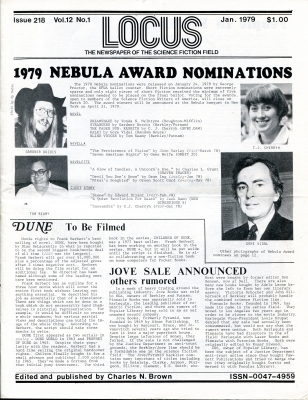
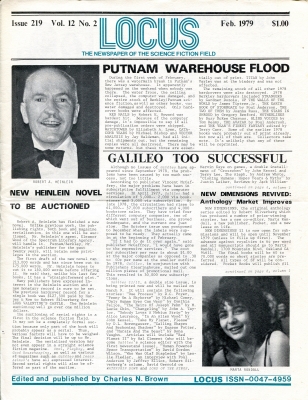
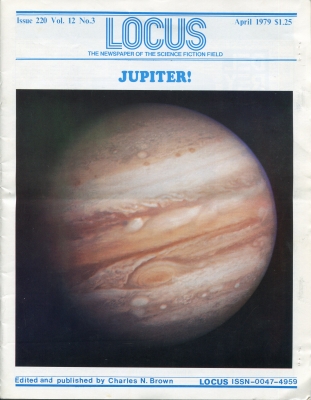
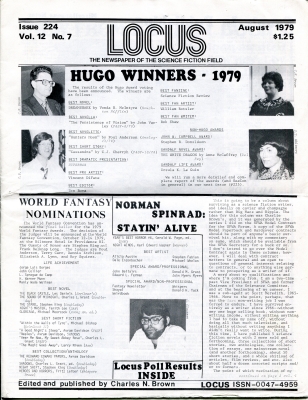
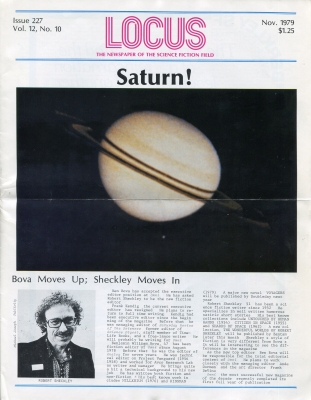
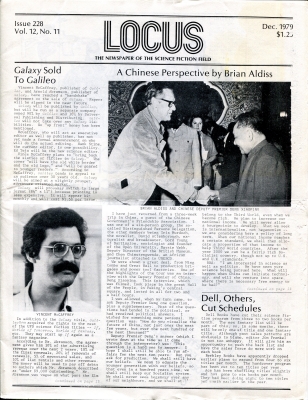
It’s good to see another posting about fanzines, whose importance is not recognized very widely. There’s a book idea that, so far as I know, no one has taken up yet, namely to trace the way in which fanzines helped to mold science fiction, playing an important role in the development of a form that now dominates popular culture and (perhaps more than is realized by many) popular thinking, for worse as well as for better.
Dale Nelson